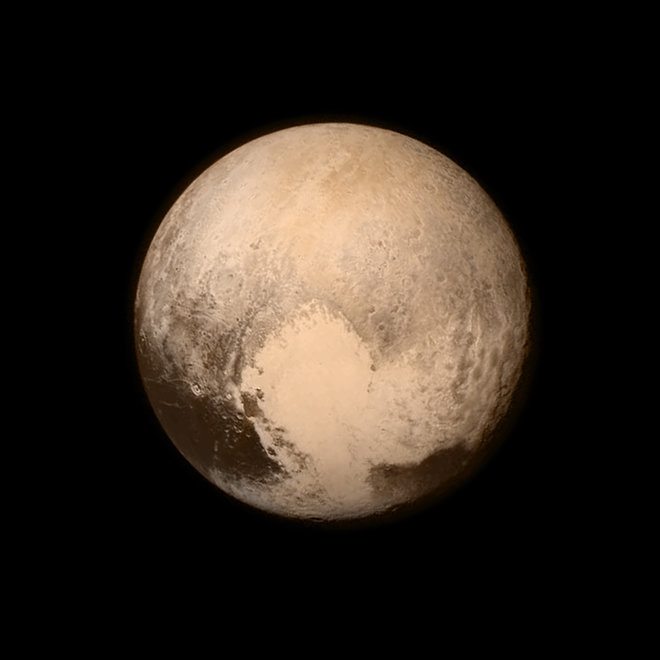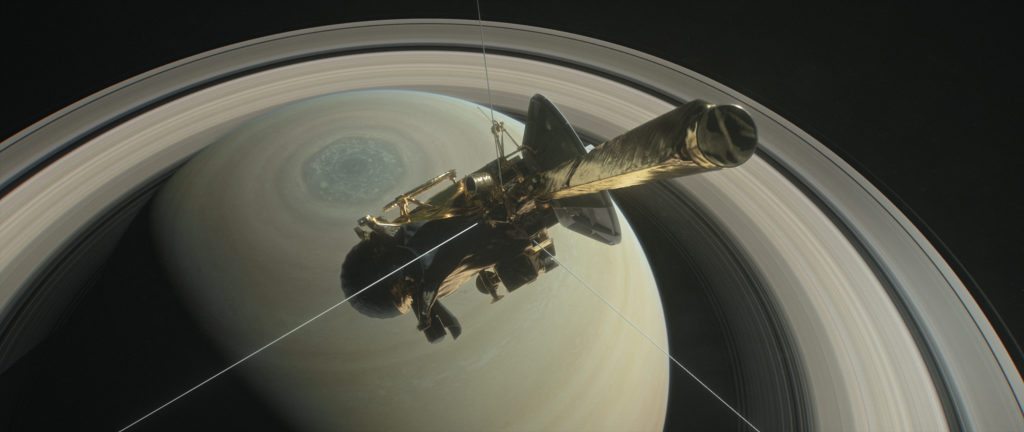
I was talking about space exploration with a colleague the other day. They looked at me rather incredulously and wondered if I was a little bit barking mad. No, I’m quite serious, I explained, and put the case for the view that my children will be astronauts.
Now I have touched on this before on the blog, but my views are more and more clear as time goes by: we will me a multiplanetary species.
In just 80 years, we have moved from discovering planets that we didn’t know existed to visiting them and taking HD pix of the planet’s surface.
We have landed on the Moon, sent missions to Mars and spent years taking in the glorious sights of Saturn’s rings through the twenty year space mission Cassini.
We have even sent probes to far-off comets and landed on them, a feat that is comparable to throwing a stone from Coney Island in New York’s harbour and knowing that it will land exactly on time for a person to catch that stone in Vilamoura, Portugal.
This last one – the Rosetta stone Philae – is an important one as it is the start of a new industry for the space age: space mining.
Space mining is tipped to be big business as, when we do start exploring the planets and further afar, we will need refuelling stations and mining asteroids for minerals and gases will be those refuelling stations of the future. Here’s a summary from Wired:
When Rosetta’s probe, Philae, landed on a comet it had the opposite problem of pretty much every other landing in human history: too little gravity. Rather than going kerplunk on impact, it bounced twice before finally coming to rest sideways—a harrowing landing a new Science paper describes in detail.
Landing on a jagged spinning comet with little gravity is absurdly hard, and it didn’t help that two out of three of Philae’s landing systems failed. But even this bumpy landing has importance for asteroid mining companies eager to excavate small bodies in space—potentially proving that their business is not as much like science fiction as it sounds.
The extremely low gravity of near earth asteroids is, after all, both a challenge and their primary advantage in space travel. Getting to space is expensive because of the massive amounts of fuel needed to escape Earth’s relatively mighty gravity. If asteroids can be mined for water, which can be broken down into hydrogen and oxygen for fuel, they could become depots for spaceships traveling into deep space—no return trip to Earth necessary to refuel, and a relatively inexpensive lift off after the pit stop is over. "It’s not so much you are landing on the comet, as you are docking with it," says Chris Lewicki, president and chief engineer of the asteroid mining company Planetary Resources.
Planetary Resources and its competitors such as Deep Space Industries are still developing equipment to scout for valuable asteroids. Actually mining one is far off. But the Rosetta mission proves that landing on a small body and getting back physical and chemical data to assess its mining value is very much possible—even when things don’t go perfectly. Today’s issue of Science includes seven papers from the Rosetta team, detailing everything from the comet’s rock structures to organic molecules.
So, space mining is something of the future. In fact, it is something of today, with America, Europe, China, India and many other nations thinking of how to exploit the opportunities. For example, America passed the Space Act in 2015, which basically claimed rights to the galaxies before anyone else could get a word in edgeways.
The act represents a full-frontal attack on settled principles of space law which are based on two basic principles: the right of states to scientific exploration of outer space and its celestial bodies and the prevention of unilateral and unbridled commercial exploitation of outer-space resources. These principles are found in agreements including the Outer Space Treaty of 1967 and the Moon Agreement of 1979.
The US House Committee on Science, Space and Technology denies there is anything in the act which violates the US’s international obligations. According to this body, the right to extract and use resources from celestial bodies “is affirmed by State practice and by the US State Department in Congressional testimony and written correspondence”.
Crucially, there is no specific reference to international law in this statement. Simply relying on US legislation and policy statements to justify the plans is obviously insufficient.
Ever since NASA discovered signs of liquid water on Mars, concerns have been raised about the risk of contaminating the red planet.
You can read the full text of the US Space Act here.
In response to this maverick law, Luxembourg sent a salvo back this summer, by passing the first European Space Law which establishes legal certainty that asteroid mining companies can keep what they find in space.
Amara Graps, an asteroid mining advocate and independent consultant for the Luxembourg Ministry of Economy, claims that “this one is more flexible than the US version.”
The previously primary international space law standard, the Outer Space Treaty of 1967, didn't make it clear if private companies own the resources they find, such as minerals, water and whatever else is out there. The U.S. Commercial Space Launch Competitiveness Act of 2015 made this explicit by allowing US citizens to “engage in the commercial exploration and exploitation of space resources [including ... water and minerals]” but not biological life, as anything that is alive may not be exploited commercially.
Luxembourg parliament passed their draft bill (PDF) in August 2017 and claim that the difference between the US space mining law and the Luxembourg space mining law is that in the US law, a majority of a company's stakeholders must be in the US, while the Luxembourg law places no restrictions on stakeholder locations.
Luxembourg has also been pretty active in the space mining business, investing €25 million in the space mining company Planetary Resources last November. So space is a real thing, and it’s going commercial.
We can see this from all the investment, trials and developments by the likes of Elon Musk, Jeff Bezos, Richard Branson and co. SpaceX from Musk is probably the most advanced of the reusable rocket programs and, in a detailed cost breakdown on Space News, it appears that the launch costs per spacecraft will be under $40 million and used 30-40 times a year, which makes this an incredibly aggressive cost saving when compared with the over $100 billion invested in the 1970s Apollo moon shots. The difference is that reusability, and the increasing capability to build space ships that can fly into space, dock with asteroids, refuel and continue missions to Mars and beyond.
It is the reason why Elon Musk talks about humans becoming a multiplanetary species, and the idea of terraforming Mars into an Earth-like atmosphere within the next few decades.
All of this is a possibility and so, given another century, where will we be?
And this is how my conversation with my colleague ended, with a vision of a century out. In the 2100s, it is highly likely that we will push further and further into space exploration. It is only natural as it is our innate nature to explore. Now that we have explored most of Earth, it is only the deepest oceans and the furthest stars that we can shoot for. And we will.
So I think that a century from now, we will look back at humans today in the same way that we look back a few hundred years at humans before the industrial revolution. We will think of them as very basic and ignorant, because of all we have learned through technology and travel. Imagine another 100 years of technological developments and exploration of space. I am sure we will look back at our wonderings about life and resources on other worlds in the same way as we look at the creationists versus evolutionists debate today.
Before Charles Darwin’s The Origin of Species, the very idea of humans evolving from apes was stupid.
One stormy day during the Napoleonic Wars, a French ship was wrecked off the coast of an old fishing village clinging to the north-east coast of England. The only survivor was the ship's mascot, a monkey that was washed ashore. The people of Hartlepool had never seen a monkey before - nor, for that matter, had they ever set eyes on a Frenchman. Mistaking its chattering for the language of the enemy, they convicted the monkey of being a French spy and hanged the animal on the beach.
A century from now, will we look back at ourselves and think how ignorant we were?
Chris M Skinner
Chris Skinner is best known as an independent commentator on the financial markets through his blog, TheFinanser.com, as author of the bestselling book Digital Bank, and Chair of the European networking forum the Financial Services Club. He has been voted one of the most influential people in banking by The Financial Brand (as well as one of the best blogs), a FinTech Titan (Next Bank), one of the Fintech Leaders you need to follow (City AM, Deluxe and Jax Finance), as well as one of the Top 40 most influential people in financial technology by the Wall Street Journal's Financial News. To learn more click here...




